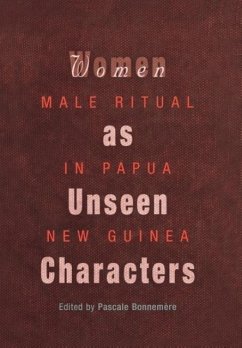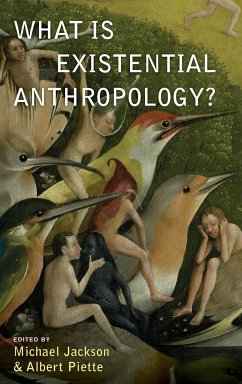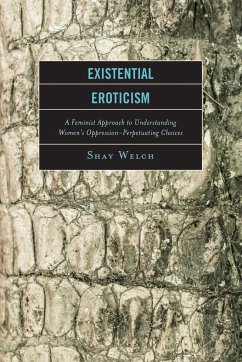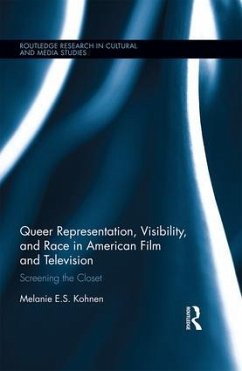
J.D. SALINGER'S CHARACTERS AS EXISTENTIAL HEROES
ENCOUNTERING 1950s AMERICA
Versandkostenfrei!
Versandfertig in 6-10 Tagen
32,99 €
inkl. MwSt.

PAYBACK Punkte
16 °P sammeln!
The main thesis of this book is that the self-destructive behaviors of Salinger's three main protagonists cannot simply be explained based on social, economic, and political factors. Instead, their self-destructive behaviors can be explained based on the individual choices that each makes. Existentialism is used as theoretical framework because it is foremost an attitude of revolt and it is chiefly rooted in man's perception that he is living in an irrational universe. An existential perspective will detail their everyday experiences, their moods, motivations, fears of failure, and unsuccessfu...
The main thesis of this book is that the self-destructive behaviors of Salinger's three main protagonists cannot simply be explained based on social, economic, and political factors. Instead, their self-destructive behaviors can be explained based on the individual choices that each makes. Existentialism is used as theoretical framework because it is foremost an attitude of revolt and it is chiefly rooted in man's perception that he is living in an irrational universe. An existential perspective will detail their everyday experiences, their moods, motivations, fears of failure, and unsuccessful attempts to fit into society. Existential concepts such as such as identity, freedom of choice, anxiety, and the concepts of death and "Bad Faith" will be utilized to shed light on the significance of their self destructive behaviors. This book is written with the belief that it will provide a multi-dimensional analysis of Salinger's protagonists utilizing the concepts found in the writings of Heidegger and Sartre, Nietzsche, Kierkegaard, and Camus', refer to their insights thus expand the range of meaning that American society can find in the works of this prominent American writer.












